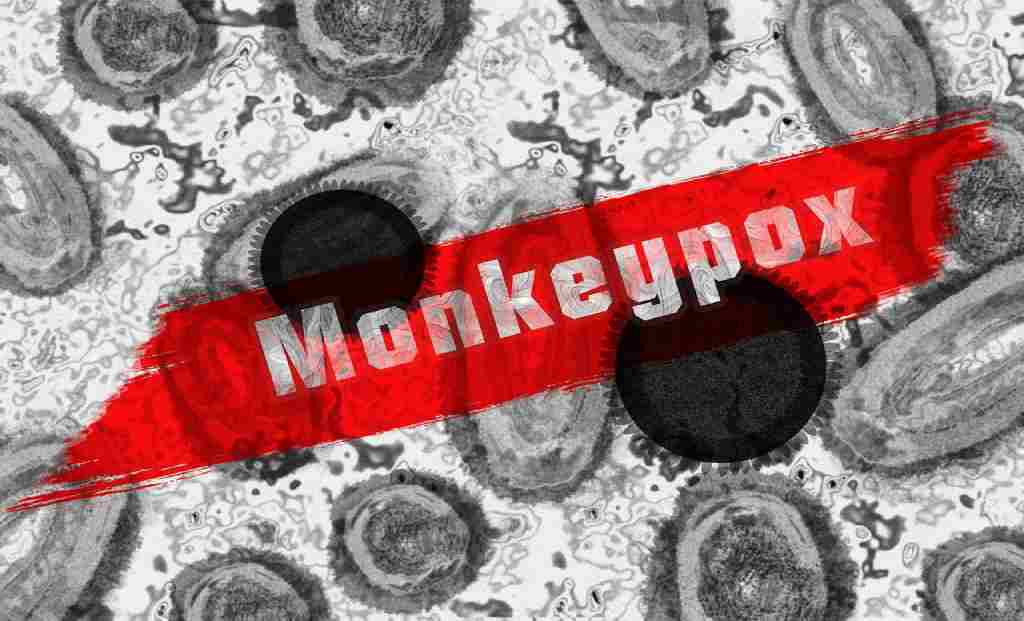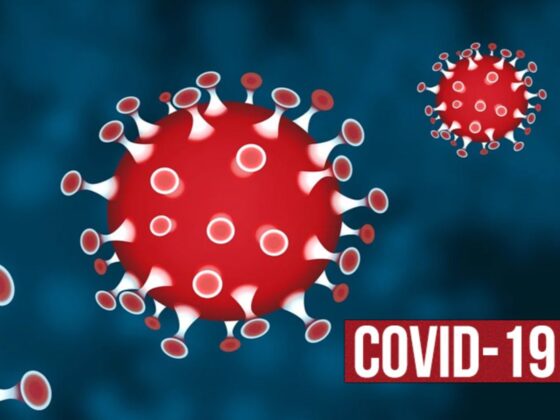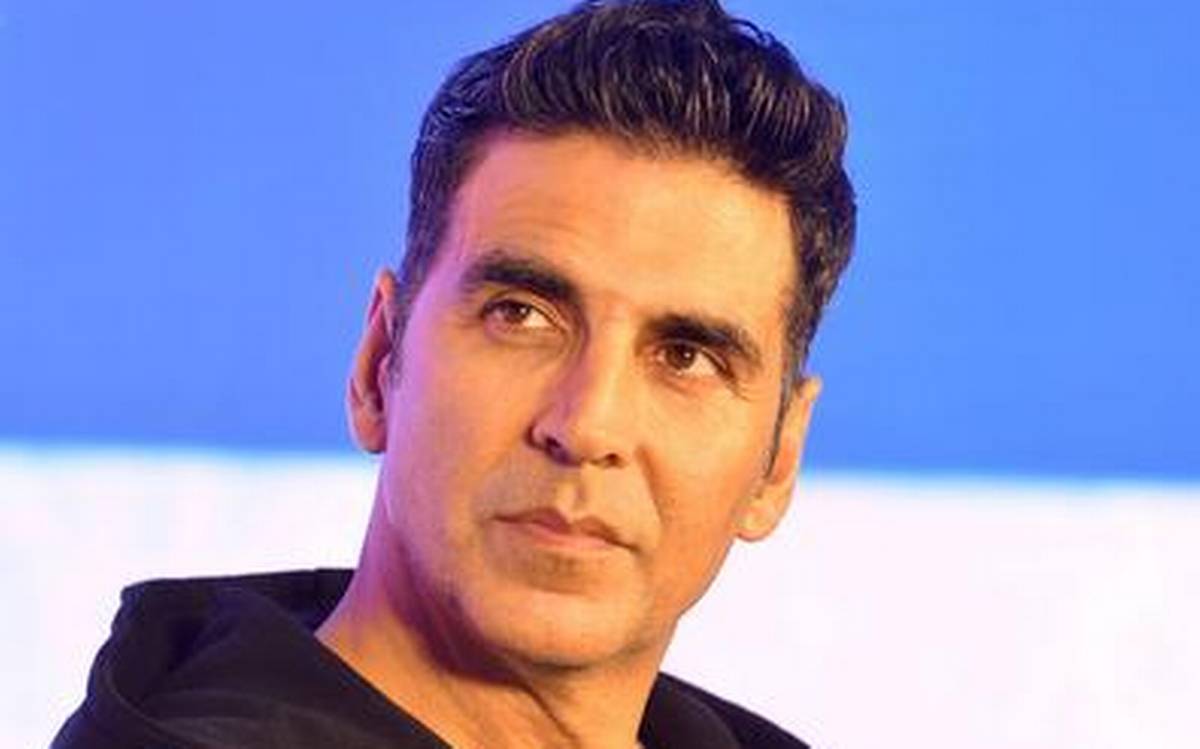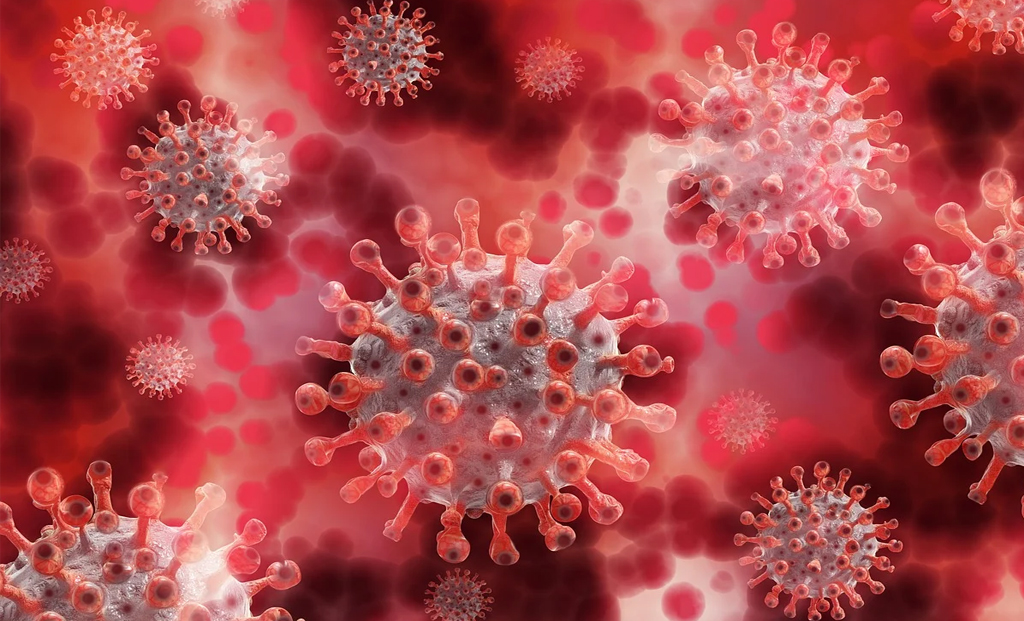Experts question the timing of the decision and potential implications for rich and poor countries
In a crucial development, the World Health Organization (WHO) is convening its emergency committee to discuss whether the escalating outbreak of monkeypox should be declared a global emergency. However, concerns have been raised about the timing of this decision and its potential impact on the disparities between rich and poor nations, similar to those observed during the COVID-19 pandemic.
Monkeypox, if classified as a global emergency, would be regarded as an extraordinary event with a high risk of spreading across borders, necessitating a coordinated international response. This would elevate monkeypox to the same level as the ongoing efforts to combat the COVID-19 pandemic and eradicate polio.
While the WHO has not yet announced any decisions made by the emergency committee, many experts question the effectiveness of such a declaration in curbing the epidemic. Developed countries that have recently reported cases of monkeypox are already taking swift measures to contain the disease.
The recent monkeypox epidemic identified in more than 40 countries, predominantly in Europe, has been described by WHO Director-General Tedros Adhanom Ghebreyesus as “unusual and concerning.” However, the fatality rate of the variant observed in Europe remains low, and no deaths outside Africa have been reported thus far.
Critics argue that the WHO’s response to monkeypox seems to be driven by its spread into wealthier countries, raising concerns about double standards. Nigerian virologist Oyewale Tomori questions why the emergency committee was not convened earlier when monkeypox reemerged in Nigeria in 2017, before cases were reported in predominantly Caucasian countries.
Despite the surge of monkeypox cases in Europe, there is no evidence to suggest increased transmissibility or mutations in the virus. Some experts attribute the rise in cases to sexual activity among gay and bisexual men at specific events in Spain and Belgium.
As the WHO focuses attention on monkeypox beyond Africa, global health senior fellow David Fidler warns that this may exacerbate the existing divide between rich and poor countries, similar to what was observed during the COVID-19 pandemic. Fidler emphasizes the need to ensure equitable access to vaccines and highlights competing priorities in Africa, such as malaria and HIV.
The WHO has proposed a vaccine-sharing mechanism to assist affected countries, potentially benefitting countries like Britain, which is experiencing the largest monkeypox outbreak outside Africa. However, the necessity and acceptance of monkeypox vaccines in African countries remain uncertain.
The outcome of the emergency committee’s deliberation and its subsequent impact on monkeypox control and prevention efforts remain to be seen. While the WHO aims to address the public health emergency, critics caution against potential inequalities and advocate for targeted measures based on local contexts and needs.











